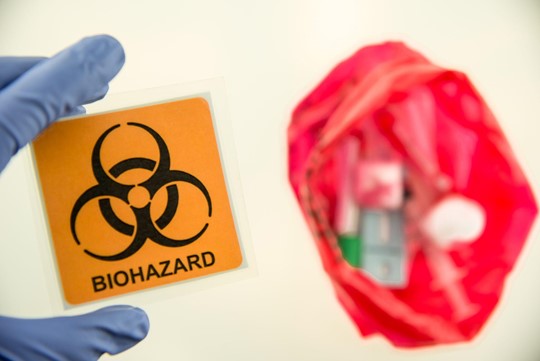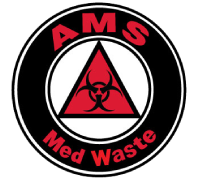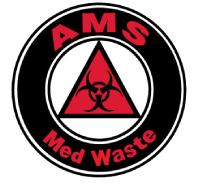
In the medical industry, there are many dangers that come with the job. One of those dangers is an infectious waste. This type of waste can contain harmful bacteria and viruses that can cause serious illness or even death. If you are in the medical industry, it is important to know what infectious waste is and how to handle it safely. In this article, we will discuss everything you need to know about infectious waste!
What is Infectious Waste
According to the World Health Organization, infectious waste is waste contaminated with blood and other bodily fluids ( from discarded diagnostic samples), cultures, and stocks of infectious agents from laboratory work (waste from autopsies and infected animals from laboratories), or waste from patients with infections (swabs, bandages, and disposable medical devices);
This waste is bringing risks to the general public health. It is essential to take precautions when you deal with infectious waste.
Safe disposal consists of proper treatment and waste segregation:
1. Potentially infectious solid wastes (other than sharps) must be segregated at the point of generation (in the lab) and collected into one or more layers of biohazard bags inside hard-sided, leak-proof secondary containers of the appropriate size with a fitted lid. While, used sharps must be collected into commercially-available hard-sided, leak-proof sharps containers that are red and have the universal biohazard symbol visible on the outside.
2. Infectious waste bags or other containers must be secured and closed in the lab or other point of a generation before transport to the autoclave or other destination and must remain closed at all times during transport. Then the bags or containers of infectious wastes being transported to an autoclave or other destination must be in leak-proof secondary containment at all times during transport.
3. Infectious wastes must either be incinerated or treated before disposal. Biological waste must either be sterilized with steam in an autoclave or treated by some other method that has been approved by regulators.
After treatment, biohazard waste may be treated as normal refuse, but if waste is in red or orange biohazard bags, it should be placed inside black plastic bags before discard in the dumpsters.
AMS Med Waste provides medical waste management services and helps to manage the infectious waste according to all regulations and medical standards. We will provide the best solution and service for the Disposal of Potentially Infectious Medical Waste contact us today at 1-847-658-0400.





